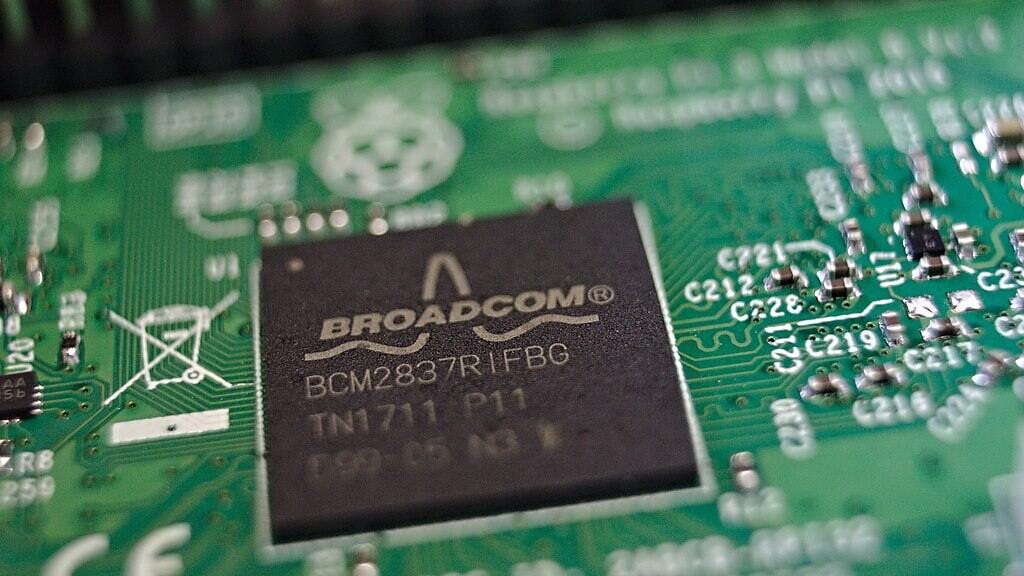Broadcom’s stock jumped 11% Friday after the chipmaker announced a $10 billion order from a new customer for its custom AI chips. While Broadcom didn’t name the buyer, multiple analysts and media reports point to OpenAI as the fourth major customer for Broadcom’s custom AI processors, known as XPUs.
“One of these prospects released production orders to Broadcom, and we have accordingly characterized them as a qualified customer for XPUs,” Broadcom CEO Hock Tan said during Thursday’s earnings call. The Financial Times reported that OpenAI and Broadcom co-designed a chip expected to ship between 2025 and 2026.
The reported partnership marks a significant shift in OpenAI’s strategy, potentially reducing its reliance on Nvidia’s graphics processing units (GPUs). OpenAI would join Google, Meta, and ByteDance (TikTok’s parent company) as major customers using Broadcom’s custom AI chips.
similar posts
Broadcom’s earnings report showed strong growth in its AI business. The company reported $5.2 billion in AI semiconductor revenue for the third quarter, a 63% increase from last year. Broadcom expects AI revenue to reach $6.2 billion in the fourth quarter.
The stock surge pushed Broadcom’s market value past $1.6 trillion, reflecting investor confidence in the company’s growing role in AI infrastructure. Broadcom’s shares have climbed about 130% over the past year.
For the coming fiscal year, analysts project even stronger growth. Stacy Rasgon, Bernstein managing director and senior analyst, noted that parsing Broadcom’s comments suggests AI revenues could exceed $40 billion next year, “probably up triple digits, more than 100% from 2025.”
The potential OpenAI deal has sparked discussion about whether custom AI chips (ASICs) pose a threat to Nvidia’s dominance in the AI chip market. When asked about this, Rasgon suggested focusing on the overall market opportunity rather than competition between chip types.
“The question of who’s winning or losing, the kind of ASIC versus GPU debate has been going on for a long time. I kind of feel like it’s still the wrong question,” Rasgon said. “To me the right question is more is the opportunity in front of us still large or is it not?”
“If the opportunity is still large, I think that there’s still plenty of room for both ASICs and GPUs to grow and the pie’s getting bigger,” he added.
Custom chips like those Broadcom produces can be optimized for specific AI workloads, potentially offering better performance and energy efficiency for targeted applications. This approach mirrors moves by other tech giants like Google, Amazon, and Meta to develop chips tailored to their specific AI needs.
Broadcom CEO Tan expressed confidence in sustained growth, describing the demand as “immediate and fairly substantial” and saying it “really changes our thinking of what 2026 would be starting to look like.”
The company’s total revenue guidance for the fourth quarter is $17.4 billion, exceeding Wall Street expectations of $17.02 billion.
OpenAI declined to comment on the reported partnership.







